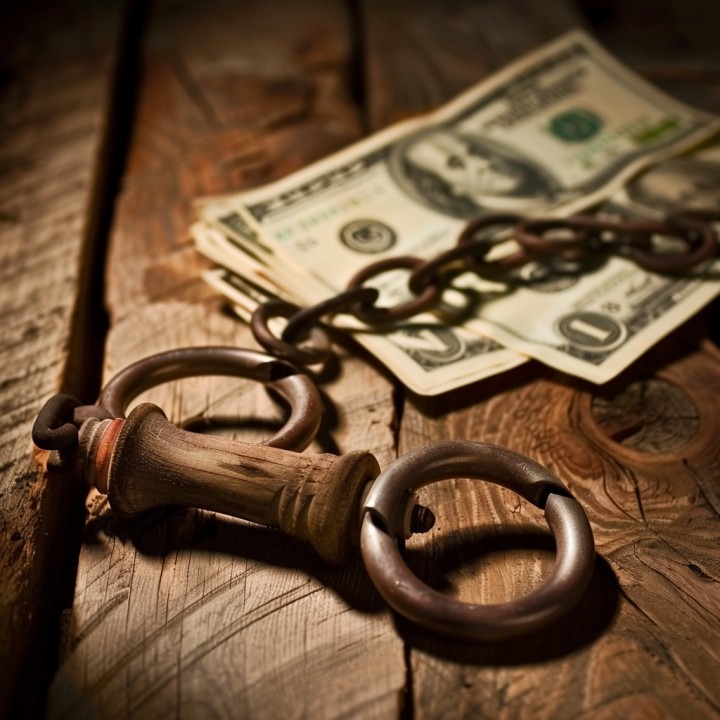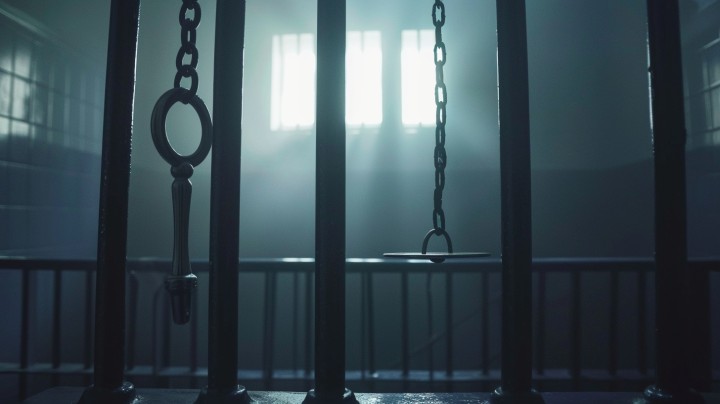Bail Decisions on Crime History
An individual’s criminal history plays a crucial role in determining bail. Courts look closely at a defendant’s past behavior to assess whether they are likely to appear in court and whether they pose a danger to society.
First-Time Offenders vs. Repeat Offenders
- First-Time Offenders: Defendants with no prior criminal record often receive more lenient bail conditions. Judges may view them as less of a flight risk and more likely to comply with court orders. In some cases, first-time offenders may even be released on their own recognizance, meaning no bail is required.
- Repeat Offenders: Those with a history of criminal activity, particularly if the offenses are serious or violent, typically face higher bail amounts or stricter conditions. Repeat offenders are considered more likely to flee or commit additional crimes while out on bail, leading to more stringent bail decisions.
The Nature of Previous Convictions
The type of crime for which a defendant has been convicted in the past can heavily influence bail decisions:
Violent Criminal History: A history of violent crimes increases the likelihood of bail denial or a high bail amount. Courts are especially cautious about releasing individuals who have previously harmed others, considering them a risk to public safety.
Non-Violent Criminal History: Even for non-violent crimes, a history of fraud, theft, or other financial offenses may still result in higher bail. Courts may view these individuals as likely to engage in further criminal activity or as potential flight risks.
Probation or Parole Status
Defendants currently on probation or parole face additional scrutiny when applying for bail. Being on probation or parole signals to the court that the individual has already violated the law, potentially making them a greater risk for reoffending. As a result, courts may set higher bail amounts or even deny bail in cases where the defendant has a history of violating probation terms.
In summary, a defendant’s criminal history is a critical factor in bail decisions. First-time offenders are generally given more leniency, while repeat offenders and those with violent pasts face much tougher bail conditions. Courts weigh the risk of reoffending, flight, and danger to the community when deciding on the appropriate bail amount and conditions.
Bail serves as a critical balance between the right to freedom and the need to ensure public safety and court compliance. Whether a defendant faces charges for violent, non-violent, white-collar crimes, or DUI/DWI, or has a criminal history, bail decisions reflect the unique circumstances of each case.






